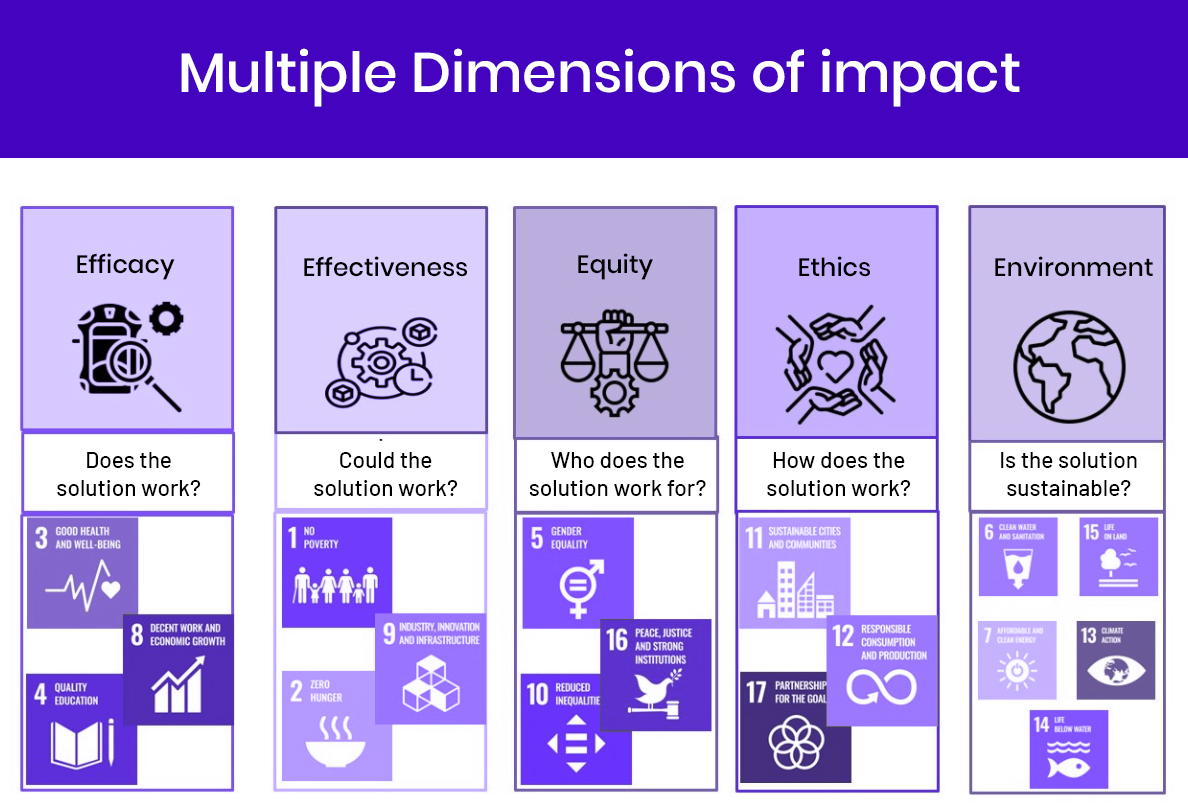Did you hear about the smart glove that translates sign language into English sentences, or better yet, multiple languages? It is a project in its pilot stage. And you know who ideated it? A hearing-impaired ninth grader. While this kid had access to education and resources to address his needs, many still don’t. The UN expects edtech to bridge accessibility gaps while elevating the quality of learning across K-12, higher-ed, and the lifelong learning frontiers in the coming years. For educational publishing houses, staying on top of emerging market trends is the best way to capture the digital learning market. So, here’s a look at what to expect in 2025.
Phygital Learning: The Best of Both Worlds
As of October 2024, the number of Internet users had risen by 151 million year-on-year, with 96.2% of the total users accessing the online world via mobile phones. With growing smartphone and internet penetration, hybrid learning models are set to become even more popular. With access to digital learning anytime, anywhere, education will hopefully reach even the remotest corner of the world, while physical classrooms also remain relevant. Seamless and cohesive phygital learning will become a given for online learning platforms. K-12 publishers who wish to gain a larger market share will focus on converging digital and physical learning experiences to deliver more impactful education.
Gen AI To Take the Reigns
From creating assessments to evaluating voice-based submissions, generative artificial intelligence will reform assessments. Smart chatbots will become learning buddies and educational assistants. Hyper-personalization will remain a key theme across instruction, assignment, assessment, and feedback. As digital learning gets more and more personal, AI-powered learning assistants will empower students to continue to progress toward their learning goals even in the absence of teachers. While delivering personalized learning experiences, AI will take a significant amount of workload off teachers’ plates, freeing up their time to focus on digital pedagogy and improving learning outcomes. Remote proctoring will grow in popularity as phygital learning modes evolve. Powerful assessment watchdogs will protect the integrity of remote exams and will revolutionize assessment monitoring. Smart techniques, such as biometric user verification and real-time eye and work monitoring, will enhance accuracy and trust in remote assessments.
Measuring the REAL Impact
Robust, Efficient, and Adaptive Learning (REAL) will dominate the online education analytics space. The World Economic Forum (WEF) has highlighted that the current educational publishing space evaluates the impact of assessments on the IRIS+ metrics catalog or the impact-weighted framework. These do not address the need for accountability of edtechs and the impact of digital learning platforms on driving students to their goals. The forum mentions the 5E’s of impact that must be evaluated. Online learning platforms and K-12 publishers will focus on integrating these while leading organizations develop global standards to assess the REAL impact of digital education. Additionally, blockchain-powered mechanisms will protect students’ privacy and safeguard digital learning ecosystems from cyber threats.
Source: WEF
Moody to Mindful
The importance of social-emotional learning (SEL) cannot be stressed enough. The emotional, mental, and social well-being of learners will stay a top priority through 2025 and beyond. Regular mood check-ins and discreet behavioral assessments, daily, weekly, and monthly, will become ubiquitous across educational publishing and help educators assess students’ emotional states. Smart insights into individual behaviors and triggers will guide them to offer personalized coping mechanisms and strengthen resilience among learners in all stages of life. A new form of personalized learning will take shape as SEL drives autonomous and continued education via intrinsic motivation.
Interactivity Gets Real
Gamification has been a focus for quite some time. However, with augmented realities and personalized education, interactive digital learning will reach new milestones of active participation for students. These will drive engagement in learning and adoption of online learning platforms that support them.
Sustainability
Net-Zero by 2050 is another goal on the UN’s checklist. Online learning platforms are in a position to infuse sustainability into education. Digital learning will play a critical role in driving the mission and educating all users to prioritize an environment-friendly lifestyle.
Digital Learning for the Long Term
One of the most critical aspects of institutional education is to think for the long term. The educational publishing industry must address the skill needs of the future and the learning preferences of today’s learners to create a workforce that prioritizes sustainable and collective global growth. Strategic planning and execution of educational goals are crucial to staying relevant in the competitive digital learning space. For this, you need a partner who’s both experienced and a visionary. MagicBox™’s expertise in this arena has been recognized through numerous edtech awards over the years. Among these, winning the top spot as the Publishing Software of the Year at the EdTech Breakthrough Awards 2024 is the biggest testament to our future-readiness and innovative edtech development. Learn how our experts add the magic touch to position you at the forefront of edtech innovation to gain an edge over the competition.

















